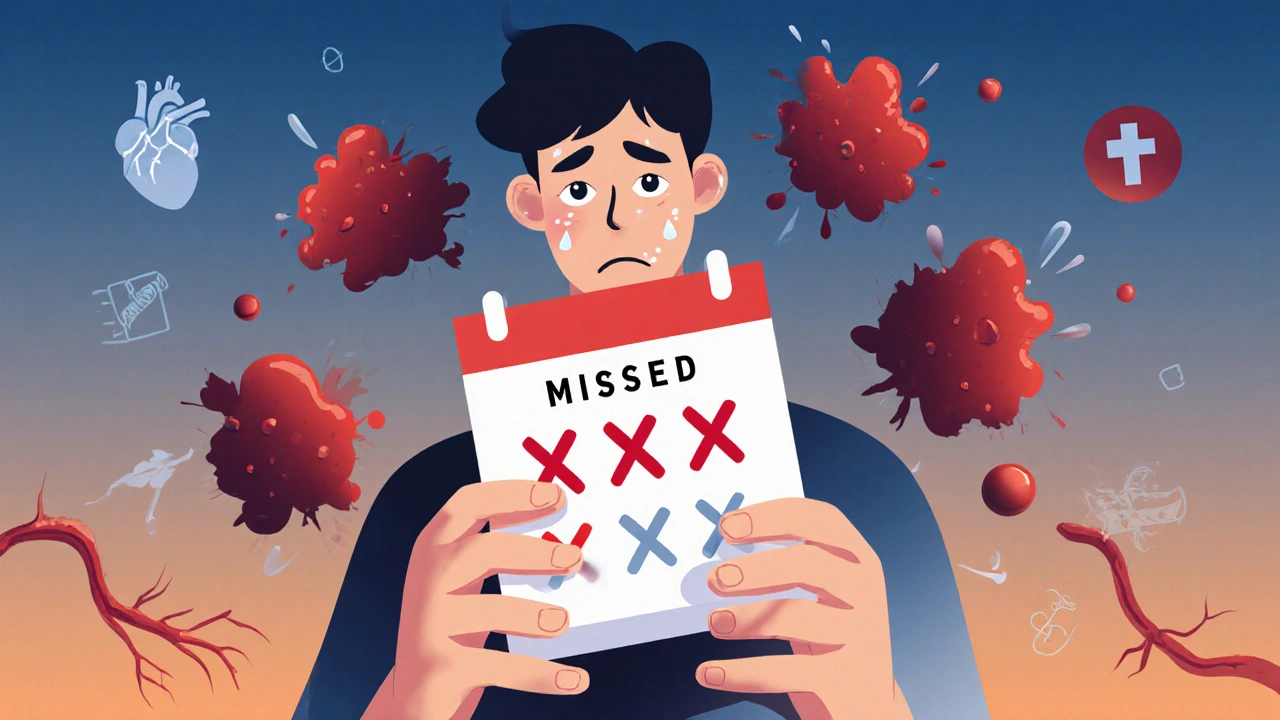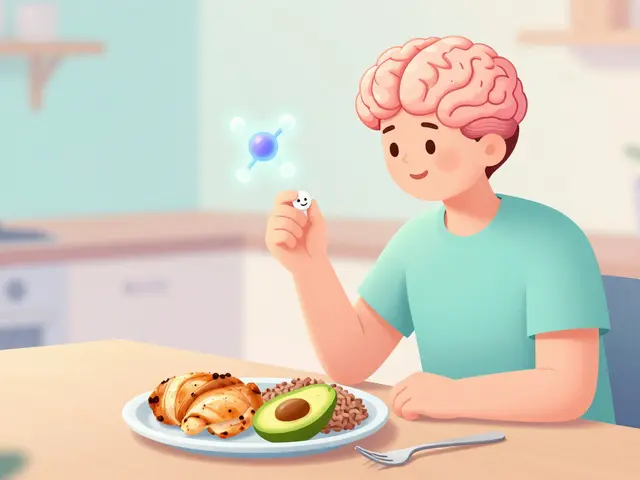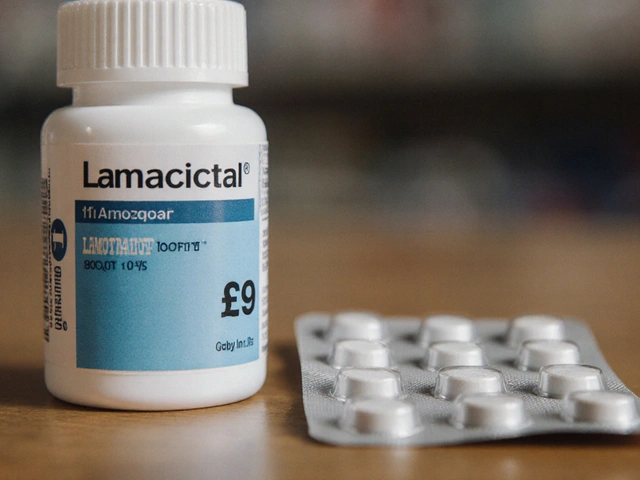Debunking Common Myths About Vilazodone
June 3 2023Blood Thinner Side Effects: What You Need to Know Before Taking Them
When you take a blood thinner, a medication designed to prevent dangerous blood clots. Also known as anticoagulants, these drugs don’t actually make your blood thinner—they stop it from clotting too easily. This matters because clots can cause strokes, heart attacks, or pulmonary embolisms. But stopping clots isn’t risk-free. Every person who takes one knows the trade-off: you’re trading one danger for another.
Common side effects include easy bruising, nosebleeds, and bleeding gums. These aren’t rare—they happen to most people on these meds. But there’s a line between normal and dangerous. If you’re spitting up blood, passing dark or bloody stools, or getting headaches with vision changes, that’s not just a side effect—it’s a red flag. Some people on warfarin, a long-used anticoagulant that requires regular blood tests notice their skin turns blotchy or their joints ache. Others on aspirin, a mild blood thinner often taken daily for heart protection get stomach pain or ulcers. These aren’t side effects you ignore. They’re signals your body is under stress.
What’s often overlooked is how these drugs interact with food, other meds, and even your daily routine. Vitamin K in leafy greens can make warfarin less effective. Alcohol increases bleeding risk. Even a simple fall can turn serious when your blood doesn’t clot the way it should. That’s why people on blood thinners often carry medical ID cards and avoid contact sports. It’s not overcaution—it’s survival.
You’ll find real stories here—not just textbook warnings. Posts cover how people manage bleeding risks while staying active, what to do when you miss a dose, how to talk to your doctor about switching meds, and why some side effects fade over time while others don’t. You’ll also see how these drugs connect to other treatments—like how some pain meds can interfere, or how kidney issues change how your body handles them. This isn’t just a list of risks. It’s a practical guide to living safely with a medication that keeps you alive—but demands respect.
 30 Oct
30 Oct
Missed Blood Thinner Doses: What to Do and When to Seek Help
Missing a blood thinner dose can increase your risk of stroke or dangerous bleeding. Learn what to do if you forget your warfarin, Eliquis, or other anticoagulant - and when to seek emergency help.
Read More...




